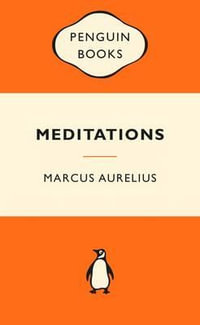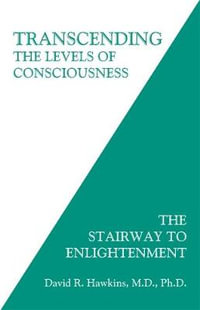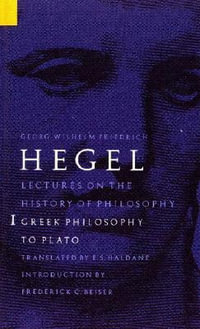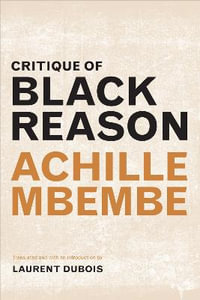
Husserl and Realism in Logic and Mathematics
By: Robert S. Tragesser, Robert B. Pippin (Editor)
Paperback | 16 February 1984
At a Glance
Paperback
$64.80
Aims to ship in 7 to 10 business days
ISBN: 9780521285872
ISBN-10: 0521285879
Series: Modern European Philosophy
Published: 16th February 1984
Format: Paperback
Language: English
Number of Pages: 146
Audience: College, Tertiary and University
Publisher: CAMBRIDGE UNIV PR
Country of Publication: GB
Dimensions (cm): 21.59 x 13.97 x 0.86
Weight (kg): 0.2
Shipping
| Standard Shipping | Express Shipping | |
|---|---|---|
| Metro postcodes: | $9.99 | $14.95 |
| Regional postcodes: | $9.99 | $14.95 |
| Rural postcodes: | $9.99 | $14.95 |
How to return your order
At Booktopia, we offer hassle-free returns in accordance with our returns policy. If you wish to return an item, please get in touch with Booktopia Customer Care.
Additional postage charges may be applicable.
Defective items
If there is a problem with any of the items received for your order then the Booktopia Customer Care team is ready to assist you.
For more info please visit our Help Centre.























